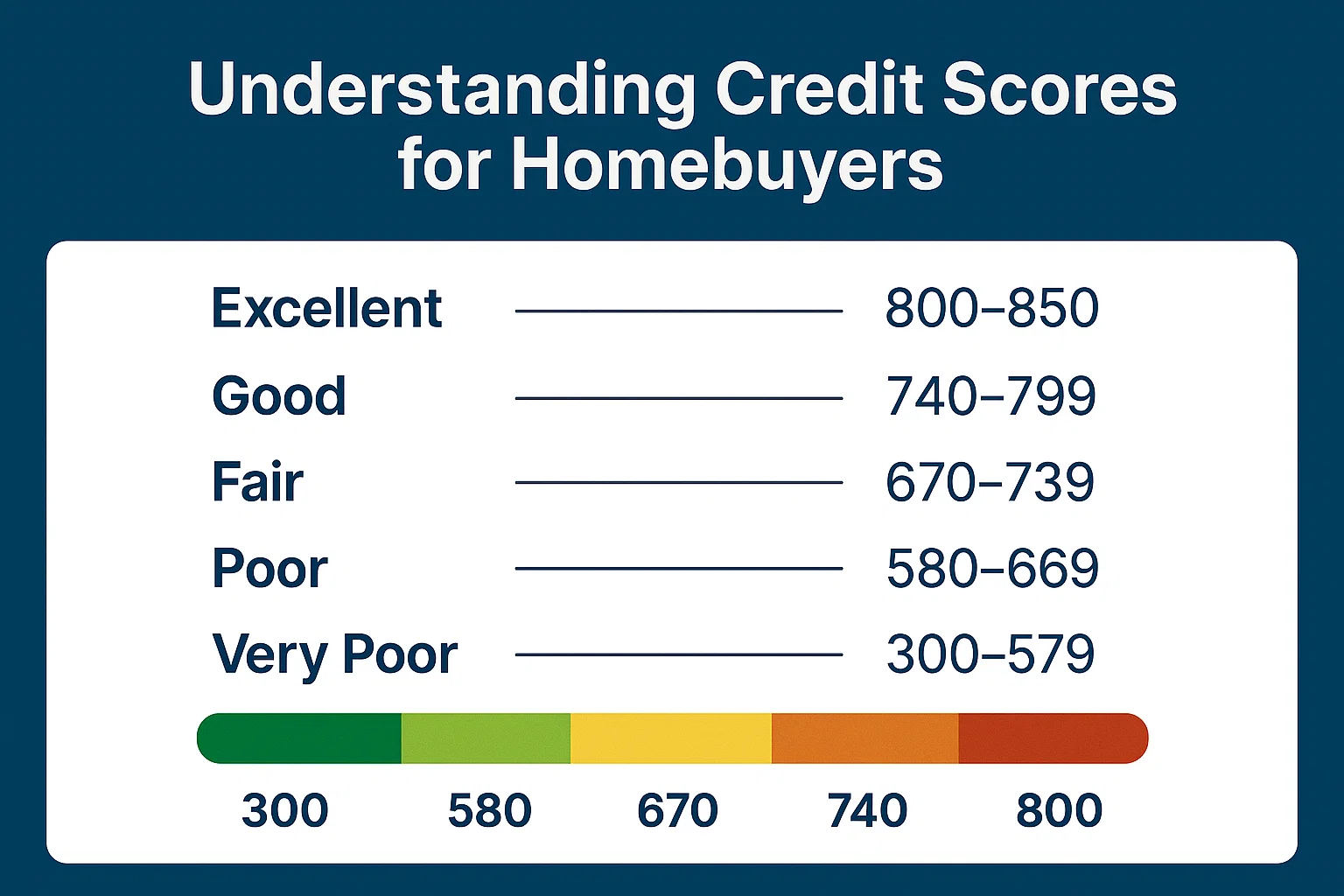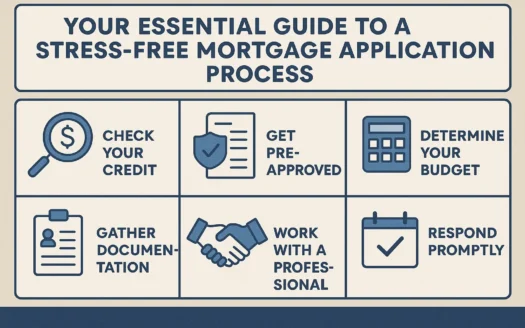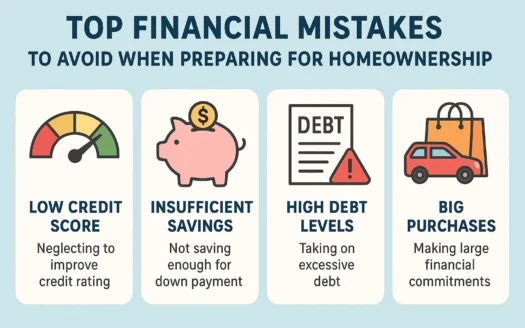Understanding Credit Scores for Homebuyers

Understanding Credit Scores for Homebuyers
This article is for informational purposes only and does not constitute financial, tax, or legal advice. Consult a qualified professional for guidance on credit scores and loans.
Do You Need a Perfect Credit Score to Buy a Home?
It depends on what you mean by “perfect.” The highest possible credit score is 850, but achieving that number is nearly impossible—and unnecessary. Lenders do not require a perfect score for loan approval. Instead of aiming for perfection, ask: Do I need a high credit score to buy a home? The answer is no.
However, lenders do consider your credit score because it reflects your reliability as a borrower. A higher score can improve loan terms, including down payment requirements and interest rates. A low credit score doesn’t necessarily disqualify you from getting a loan—certain loan programs accommodate lower scores.
Why Does Your Credit Score Matter?
Your credit score is a three-digit number (ranging from 300 to 850) that evaluates your creditworthiness. It helps lenders assess the risk of lending to you based on factors such as:
- Payment history
- Credit utilization
- Length of credit history
- Recent credit inquiries
- Derogatory marks (e.g., late payments, bankruptcies)
A higher credit score indicates lower risk to lenders, making loan approval easier. A lower score may still qualify you for a loan, but with stricter conditions:
- Larger down payment – Reduces the lender’s risk by lowering the loan-to-value ratio.
- Higher interest rate – Increases the lender’s return to offset potential risk.
These conditions can make homeownership more expensive, so improving your credit score before applying for a loan is beneficial.
Loan Options for Different Credit Scores
Loan requirements vary by lender and location, but here’s a general overview of credit score expectations for common loan types:
Jumbo Loans
Minimum credit score: 700+
Used for luxury homes exceeding standard loan limits.
USDA Loans
Minimum credit score: 640+
Designed for rural and suburban homebuyers.
Conventional Loans
Minimum credit score: 620-680
Must meet Fannie Mae and Freddie Mac guidelines. A higher score may avoid private mortgage insurance (PMI).
VA Loans
Minimum credit score: 580-620
Available to military service members, veterans, and eligible spouses.
FHA Loans
Minimum credit score: 500-580
Government-backed loans with flexible credit requirements. Lower scores require a larger down payment.
Each loan type has unique qualifications, so consulting a loan professional is recommended.
How to Improve Your Credit Score
Rebuilding credit takes time—often six months to a year—but these steps can help:
Check Your Credit Report
Request a free annual report and dispute any errors. Monitoring your report can also detect identity theft.
Understand Credit Score Factors
FICO scores (commonly used by lenders) are calculated based on:
- Payment history (35%)
- Amount owed (30%)
- Length of credit history (15%)
- New credit applications (10%)
- Credit mix (10%)
Building or Repairing Credit
For new credit users:
- Open a credit account (e.g., secured card).
- Make small, manageable charges.
- Avoid maxing out credit lines.
- Pay bills on time.
- Space out credit applications.
For credit repair:
- Pay bills on time.
- Reduce outstanding debt.
- Keep credit balances low.
- Avoid opening new accounts.
- Keep old accounts open (if no fees apply).
Negative marks (late payments, bankruptcies) may take 7-10 years to disappear from your report.
Final Thoughts
You don’t need a high credit score to buy a home, but a better score can lead to more favorable loan terms. If you have time, improving your credit before applying can save money in the long run. For personalized advice, consult a financial or credit expert.



